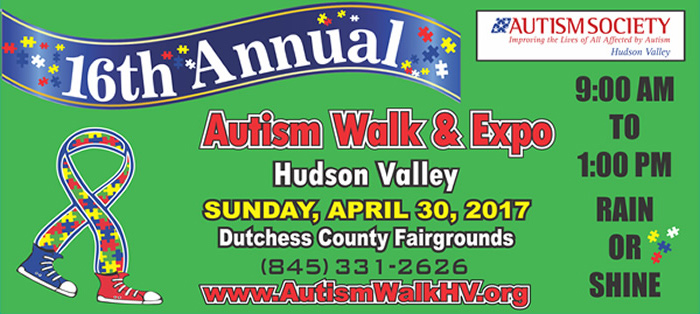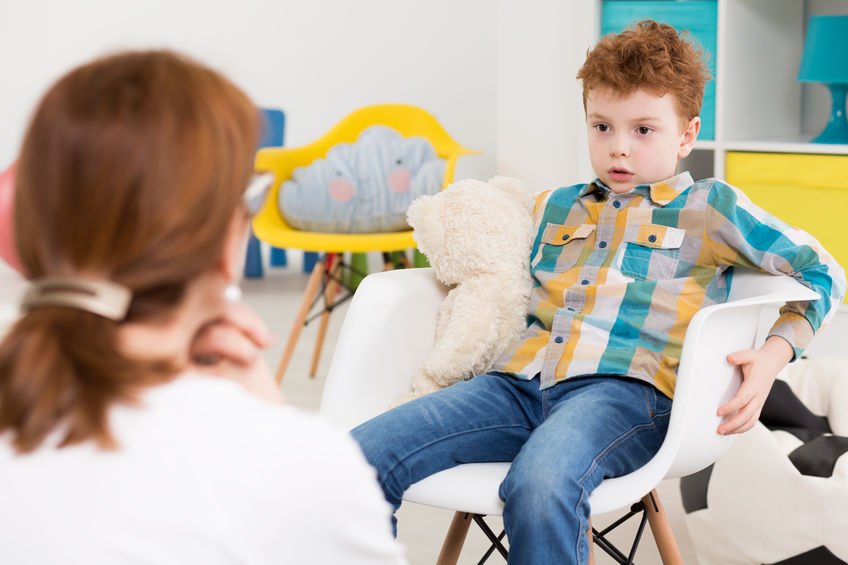April is also Autism Awareness Month. It’s a perfect time to help spread awareness of one of the fastest growing developmental disorders in the U.S. [1]
Autism Facts
Autism affects all races, ethnicities, and socioeconomic groups, but occurs more often in boys than in girls. In fact, boys are 4.5 times more likely to develop autism than girls. [2] According to the National Autism Association, the rate of autism has steadily grown over the past 20 years, and “40% of children with autism do not speak.”
Recognizing Signs of Autism
Early intervention is best, so recognizing the signs of autism can help. This is the list of signs and symptoms the Centers for Disease Control and Prevention put together: [2]
- not point at objects to show interest (for example, not point at an airplane flying over)
- not look at objects when another person points at them
- have trouble relating to others or not have an interest in other people at all
- avoid eye contact and want to be alone
- have trouble understanding other people’s feelings or talking about their own feelings
- prefer not to be held or cuddled, or might cuddle only when they want to
- appear to be unaware when people talk to them, but respond to other sounds
- be very interested in people, but not know how to talk, play, or relate to them
- repeat or echo words or phrases said to them, or repeat words or phrases in place of normal language
- have trouble expressing their needs using typical words or motions
- not play “pretend” games (for example, not pretend to “feed” a doll)
- repeat actions over and over again
- have trouble adapting when a routine changes
- have unusual reactions to the way things smell, taste, look, feel, or sound
- lose skills they once had (for example, stop saying words they were using)
How to Talk About Autism
If you have a friend or family member whose child was recently diagnosed with autism, you may not know what to say or how to help. You don’t want to say the wrong thing, and you want your friend or family member to know how much you love them. We came across this wonderful article from Autism Speaks titled, “What to do when your friend’s child is diagnosed with autism.” It has great suggestions on what to do, and what NOT to do. Definitely worth a read.
Get Involved
The 16th annual autism walk and expo is scheduled for the end of the month at the Dutchess County Fairgrounds. For more information on how to get involved, visit autismwalkhv.org. [4]

Resources:
- https://www.autismspeaks.org/what-autism/facts-about-autism
- https://www.cdc.gov/ncbddd/autism/facts.html
- https://www.autismspeaks.org/blog/2016/08/25/what-do-when-your-friend%E2%80%99s-child-diagnosed-autism?utm_medium=text-link&utm_content=What%20to%20do%20when%20your%20friend%E2%80%99s%20child%20is%20diagnosed%20with%20autism%20&utm_campaign=mostpopular
- http://www.autismwalkhv.org/index.html

